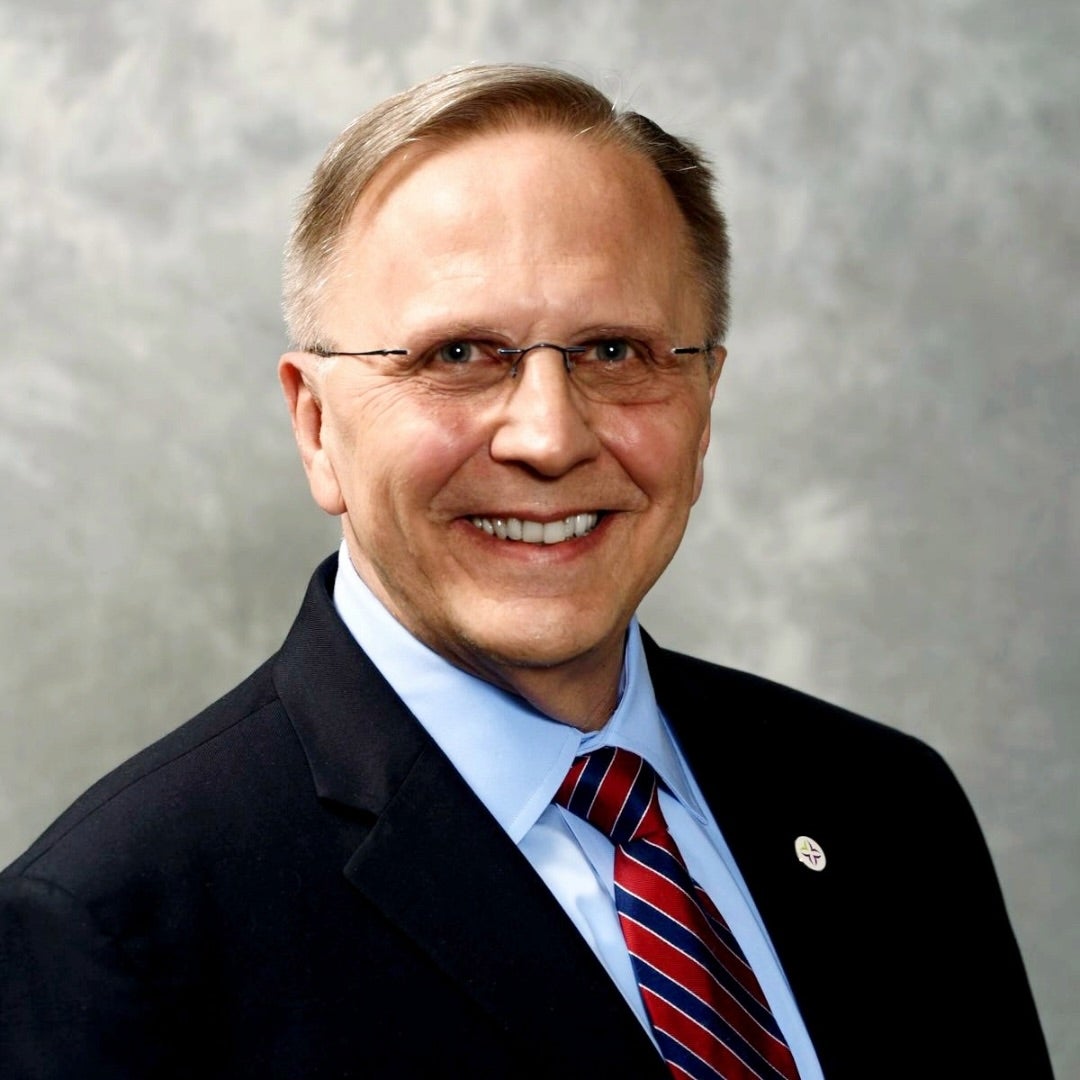Medicaid cuts hurt us all Statement from Trinity Health President and CEO Mike Slubowski
June 26, 2025As seen in Detroit Free Press

The One Big Beautiful Bill Act recently passed by the U.S. House of Representatives would add new Medicaid restrictions that amount to deep cuts in access to health care. If these changes become law, the Congressional Budget Office estimates at least 7.6 million people will become uninsured.
Let’s be clear: We can’t cut 7.6 million people from health insurance, or cut hundreds of billions in Medicaid funding, without hurting people and weakening our communities.
At Trinity Health, we see the consequences of health care cuts firsthand: When people lose coverage, they skip checkup
s, stop taking medications and eventually show up in the emergency department, sicker and in need of costly care that could have been prevented. That’s not just bad for their health, it strains hospitals, overcrowds emergency rooms and drives up costs for everyone, insured or not.
Our not-for-profit, national health system serves rural, suburban and urban communities across 26 states. Through 93 hospitals and a broad network of care including physician groups, home health, senior services and community health programs we care for people of every age, background and health condition. Our patients are new parents bringing home their first baby, grandparents managing chronic conditions, veterans receiving long-term support and kids getting checkups before the school year begins. Some of our patients have excellent insurance, others have none, and many rely on Medicaid, but each one is equally deserving of high-quality care.
Without Medicaid, people risk losing access to preventive care, life-saving treatments, prenatal care, mental health services, and essential medications. A healthier population fuels a stronger workforce and a more resilient economy — just one reason 76% of Americans view this essential health coverage favorably.
On average, Medicaid is the source of coverage for 20% of the patients we serve, and in some communities, that number exceeds 25%. In our senior living communities, it is by far the most common source of coverage; in many cases it is the only source of health coverage for these patients and community members.
And, as it stands today, Medicaid payments fall short of covering our costs by over $500 million each year, already placing a strain on our ability to sustain care. Proposed cuts could more than double that loss—exceeding $1 billion annually—a burden that no health system can withstand without serious consequences for patients, caregivers and communities.
These cuts would trigger both health and economic disruption. Employers already shoulder higher premiums to offset underpayments from Medicaid and Medicare, and they won’t accept further cost shifts. Hospitals, often the largest employers in small and mid-sized towns, may be forced to reduce services, cut jobs or close entirely.
At Trinity Health, we are always pursuing innovative ways to control costs while providing top-quality patient care. For example, we operate one of the nation’s largest Programs for All-Inclusive Care for the Elderly (PACE), which includes seniors dually covered by Medicare and Medicaid. Through outpatient day centers, PACE enables them to receive coordinated care while aging in the comfort of their homes, driving better health outcomes at a much lower cost than nursing-home residency. Medicaid cuts would hurt programs like PACE.
Protecting access to health care is a shared responsibility, and the stakes have never been higher. Join us in calling on our legislators to make health care better and more cost-effective, without making deep health care cuts that will deliver a crushing blow to the health of the American people as well as the American economy.
